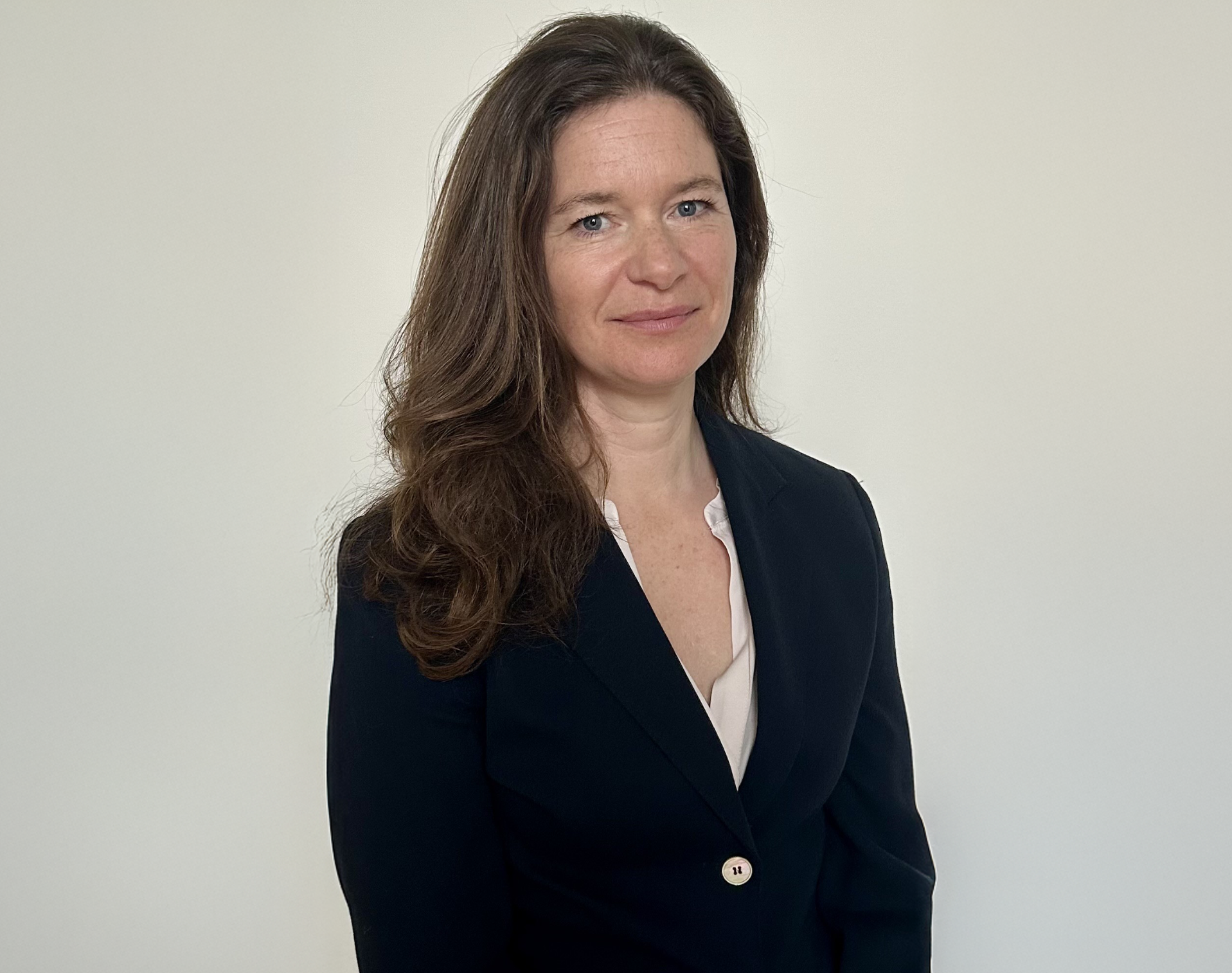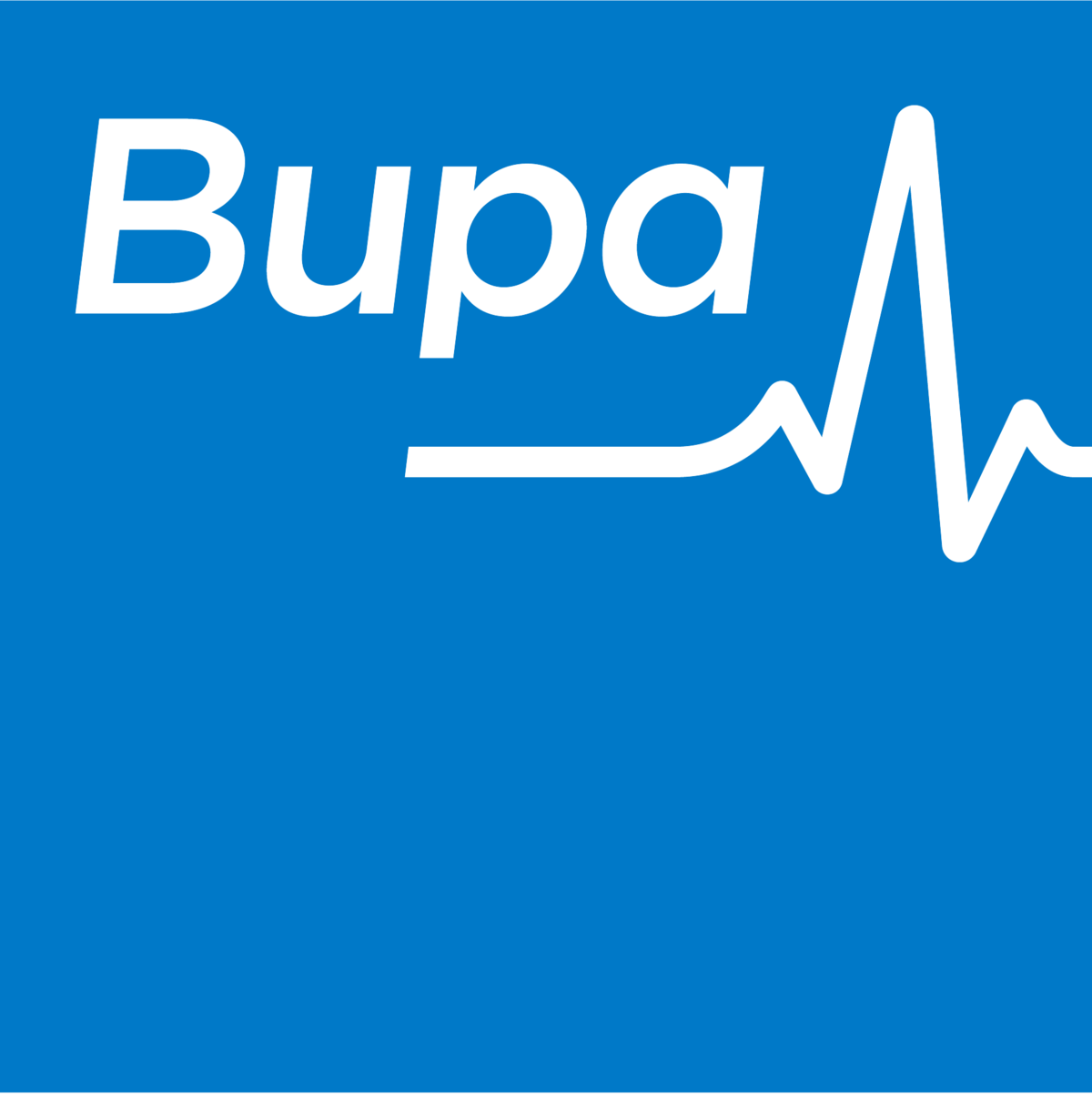Dr Susannah Bloch
Respiratory Consultant
Lung Health
Sub-specialties: Bronchoscopy, Lung Cancer, Lung Nodules, COVID/Post-COVID syndromes, Respiratory Failure, General Respiratory Disease, Respiratory Medicine, Lung Function Reporting.

Overview
Dr Susannah Bloch spends most of her NHS practice looking after lung cancer patients and her aim is to make sure patients have rapid access to diagnostics and all the support they need through their pathway including timely reassurance and the discharge of patients who don’t have lung cancer.
About Dr Susannah Bloch
Dr Susannah Bloch is an expert in the diagnosis and management of lung cancer patients, she is passionate about cancer care and has recently been appointed recently as the Deputy Medical Director of the RMPartners West London Cancer alliance. In her NHS practice she spends most of her NHS practice looking after lung cancer patients and her aim is to make sure patients have rapid access to diagnostics and all the support they need through their pathway, including timely reassurance and the discharge of patients who don’t have lung cancer. Imperial College Healthcare NHS Trust has one of the best lung cancer survival rates in the country, and Dr Bloch uses her NHS expertise to similarly look after her private patients.
Dr Bloch trained at St Mary Hospital and completed her PhD at the Royal Brompton Hospital. She has many years’ experience of looking after very unwell respiratory patients in high dependency care, and in her current role. She also sees and looks after all general respiratory issues, covers the wards and is part of the general medical on-call rota.
Dr Bloch is also an honorary clinical lecturer at Imperial College London.
Personal Biography
Dr Susannah Bloch is a respiratory physician and her NHS practice is at St Mary’s Hospital in Paddington, Imperial College’s busy acute hospital. She led the lung cancer service for Imperial College Healthcare NHS Trust for 7 years. Recently she has been appointed as the Deputy medical director at the RMPartners Cancer Alliance and is responsible for the management of cancer patients and provision of cancer care across West London. In clinical practice she is responsible for managing the lung cancer pathway for patients from pre-diagnosis, supporting patients through their diagnosis and then on to referral for treatment. Working closely with the thoracic and oncology teams as well as the wider MDT. Dr Bloch has set up and run the lung nodule service at Imperial for many years and used this experience to support hospitals across west London to do the same. She has extensive experience in the interpretation and management of abnormalities and lung nodules seen on CT scans. She is passionate about lung cancer screening both in the NHS and privately. She is on the clinical oversite board at RMP for the West London lung cancer screening programme.
Dr Bloch does acute general medical on-calls and looks after general medical and respiratory inpatients. Dr Bloch has extensive experience in HDU medicine, Non invasive ventilation and Tracheostomy care. Her experience includes management of obesity hypoventilation and obstructive sleep apnoea with NIV and CPAP. Besides this, she also does a general respiratory clinic diagnosing and treating all general respiratory diseases.
Dr Bloch trained at St Mary’s Hospital, Imperial College School of Medicine in London and since qualifying has also gained both an MSc in respiratory medicine and a research PhD in the field of post critical illness muscle wasting.
Areas of Expertise
Dr Bloch has a particular focus on the following conditions:
- Lung Cancer
- Lung Nodules
- Non-invasive ventilation
- COVID/ Post-COVID syndromes
- Respiratory failure
- General respiratory disease
Some of the treatments and procedures Dr Bloch offers are:
Additional Information
Memberships
- Royal College of Physicians
- British Thoracic Society
- European Respiratory Society
- Medical Defence Union
- Member of the Royal Marsden Partners Lung Pathway Group
- General Medical Council
Research Highlights
Key Publications
- BTS QI tool for NIV
- NIV – quality improvement research project
- Mummery V, Rogers E, Padmanaban V, Matthew D, Woodcock T, Bloch S. Transcutaneous CO2 measurement is not a reliable alternative to arterial blood gas sampling in the acute medical setting. Accepted for publication December 2018 European Respiratory Journal
- Connolly M, Paul R, Farre-Garros R, Natanek SA, Bloch S, Lee J, Lorenzo JP, Patel H, Cooper C, Sayer AA, Wort SJ, Griffiths M, Polkey MI, Kemp PR. miR-424-5p reduces ribosomal RNA and protein synthesis in muscle wasting. J Cachexia Sarcopenia Muscle. 2018 Apr;9(2):400-416. doi: 10.1002/jcsm.12266. Epub 2017 Dec 7.
- Garros RF, Paul R, Connolly M, Lewis A, Garfield BE, Natanek SA, Bloch S, Mouly V, Griffiths MJ, Polkey MI, Kemp PR. MicroRNA-542 Promotes Mitochondrial Dysfunction and SMAD Activity and Is Elevated in Intensive Care Unit-acquired Weakness. Am J Respir Crit Care Med. 2017 Dec 1;196(11):1422-1433. doi: 10.1164/rccm.201701-0101OC.
- Patel M, Lee J, Baz M, Wells C, Bloch S, Lewis A, Donaldson A, Garfield B, Hopkinson N, Natanek A, Man W, Wells D, Baker E, Polkey M, Kemp P. Growth and differentiation factor-15 is associated with muscle mass in COPD and promotes muscle wasting in vivo. J Cachexia Sarcopenia and Muscle Dec 2015 doi:10.1002/jcsm.12096
- Bloch SA, Donaldson AV, Lewis A, Banya W, Polkey MI, Griffiths MJ, Kemp PR. MiR-181a: a potential biomarker of acute muscle wasting following elective high-risk cardiothoracic surgery. Critical Care 2015 Apr 7;19(1):147
- Bloch SA, Lee JY, Syburra T, Rosendahl U, Griffiths MJ, Kemp PR, Polkey MI. Increased expression of GDF-15 may mediate ICU-acquired weakness by down-regulating muscle microRNAs. Thorax. 2014 Dec 16. pii: thoraxjnl-2014-206225
- Bloch S, Lee J, Wort S, Polkey M, Kemp P, Griffiths M. Sustained elevation of circulating GDF-15 and a dynamic imbalance in mediators of muscle homeostasis are associated with the development of acute muscle wasting following cardiac surgery. Crit Care Med. 2013 Apr;41(4):982-9
- Bloch S, Polkey M, Griffiths M, Kemp P. Molecular Mechanisms of Intensive Care Unit Acquired Weakness. Eur Respir J 2012 Apr;39(4):1000-11
- Shrikrishna D, Patel M, Tanner RJ, Seymour JM, Connolly BA, Puthucheary ZA, Walsh SL, Bloch SA, Sidhu PS, Hart N, Kemp PR, Moxham J, Polkey MI, Hopkinson NS. Quadriceps wasting and physical inactivity in patients with COPD Eur Respir J 2012 Feb 23.
- McNab FW, Berry MP, Graham CM, Bloch SA, Oni T, Wilkinson KA, Wilkinson RJ, Kon OM, Banchereau J, Chaussabel D, O’Garra A. Programmed Death Ligand 1 is over-expressed by neutrophils in the blood of patients with active Tuberculosis. Eur J Immunol. 2011 Jul;41(7):1941-7
- Berry MP, Graham CM, McNab FW, Xu Z, Bloch SA, Oni T, Wilkinson KA, Banchereau R, Skinner J, Wilkinson RJ, Quinn C, Blankenship D, Dhawan R, Cush JJ, Mejias A, Ramilo O, Kon OM, Pascual V, Banchereau J, Chaussabel D, O’Garra A . An interferon-inducible neutrophil-driven blood transcriptional signature in human tuberculosis. Nature. 2010 Aug 19;466(7309):973-7.
Research interest
Reviews
Major insurers served
If your insurer is not listed, please contact us to confirm your coverage. Please note this does not guarantee coverage or fee assurance. Patients should confirm with their insurer to ensure coverage, check if the doctor is fee-assured, or verify if their policy includes the doctor in question.









Book a consultation
Feb 2026
Appointments available on this day
Click any unavailable day to check availability with similar consultants
Major insurers served: Vitality, Aviva, WPA, Cigna, AXA, Bupa, Healix, Allianz, Henner
If your insurer is not listed, please contact us to confirm your coverage. Please note this does not guarantee coverage or fee assurance. Patients should confirm with their insurer to ensure coverage, check if the doctor is fee-assured, or verify if their policy includes the doctor in question.
Dr Susannah Bloch
Areas of Expertise
About Dr Susannah Bloch
Reviews
Additional Information
Research Highlights
Awards recieved
